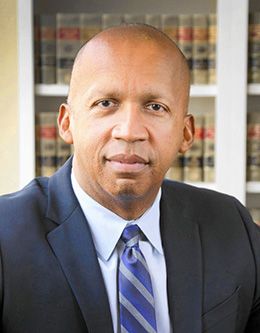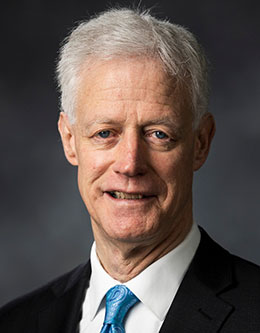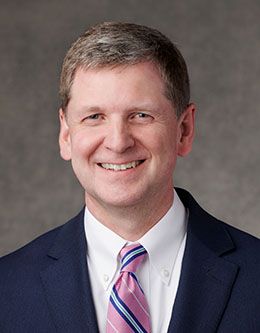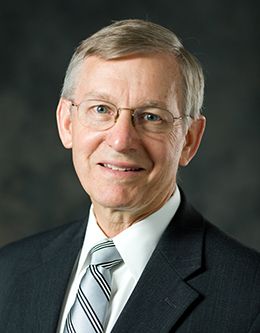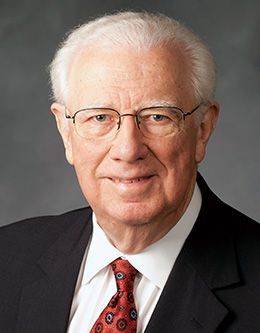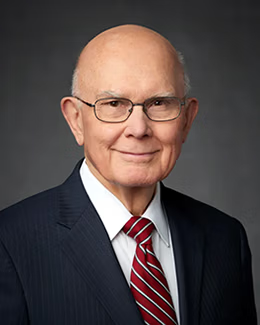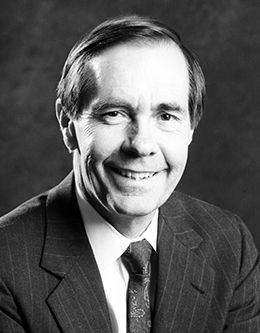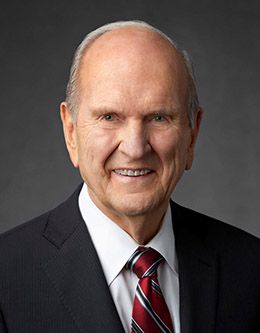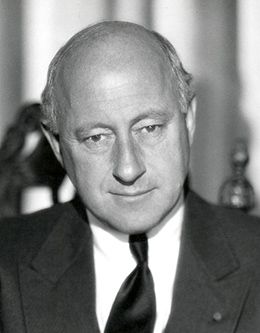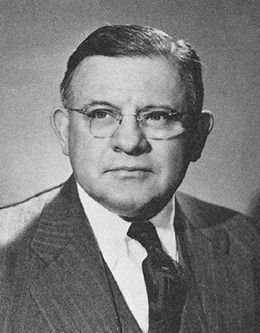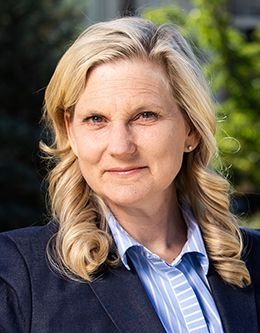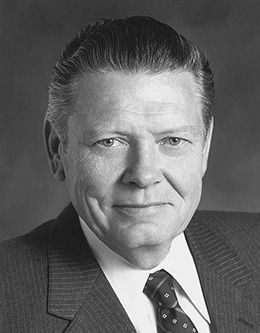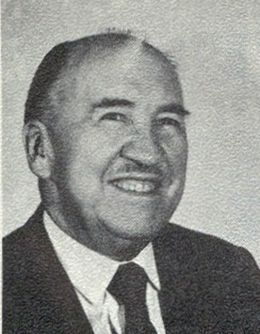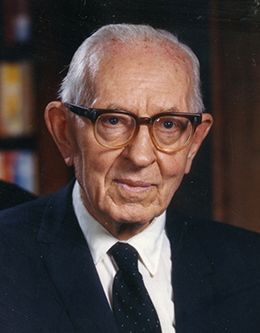Unto Every Kingdom a Law is Given
Obedience to law is the foundation of progress, governing spiritual growth, education, health, intelligence, and every blessing from God.
The Costly Arc of Religious Freedom
We can be in both the spheres of academics and religion, but by keeping these separate, we lose aspects of religious freedom in the public sphere.
The Love and Laws of God
The love and laws of God are inseparably connected. God's laws may not be popular in today's world, but they have been given for a reason.
Capital Markets and Human Flourishing
A. Christine Hurt discusses capital markets, human flourishing, and lessons she and others learned about following the will of God.
Creating Justice
Bryan Stevenson shares four ways to create justice—through proximity, narrative change, hope, and doing what’s uncomfortable.
“To Me He Doth Not Stink”: Advocacy and Love
We are all called to be advocates. Jesus Christ, our Advocate, teaches us how to represent causes and people with love and wisdom.
A Graduate Program of Real Consequence: The Role of the Law School at BYU
The development of empathetic thinking and feeling that a legal education can promote may contribute to the development of our ability to love as the Savior loves and to truly possess charity, a central and essential celestial attribute.
Faith to Forgive Grievous Harms: Accepting the Atonement as Restitution
The faith to forgive, like faith to repent, shows our trust in the Atonement, which provides restitution and heals us from wrongs.
“Thy Mind, O Man, Must Stretch”
The BYU Mission Statement is examined. In order to have a lifetime of learning, all must stretch their minds and abilities.
On the Moral Purposes of Law and Government
As we move into a secular age, we cannot overlook the importance of government's moral purposes, which include the protection of life and family.
The Supreme Court and the U.S. Constitution
Chief Justice John G. Roberts reflects on the Constitution—separation of powers, We the People, judicial restraint, and civic virtue.
Accountable Citizenship
Agency is a great gift, so we sometimes struggle with duel sovereignty, but we can help and accept the government by being accountable citizens.
Judge Not and Judging
There are some types of judgement we must never pass, and some we must pass. Dallin H. Oaks offers principles for making righteous judgements.
Responsibilites of Citizenship
The responsibilities of citizenship extend to all Latter-day Saints. We must do our part in "honoring, obeying, and sustaining the law."
“Therefore Choose Life”
Using the precious power to choose, we must choose to live by following the right rules, choosing discipline, and choosing the Master.
Religion and the Constitution
The relationship between religion and the United States constitution has an interesting and complicated history with important implications.
Study, Faith, and the Book of Mormon
John W. Welch gives examples of different ways many scholars learn from the Book of Mormon by both methods of study and of faith.
Seek Higher Flight Levels
Just as airplanes are safer when flying above bad weather, so are we when we seek higher “flight levels” through obedience to the commandments.
Four Lessons from One Life
Russell M. Nelson shares some of his greatest life lessons about the body, the spirit, the power of love, and the dependability of divine law.
Blessings Through the Law
To receive the blessing of eternal life, we must obey God’s laws and keep the covenants we have made with Him.
Power, Separation, Use, Respect, and Restraint
Increasing influence of the Supreme Court on national policy is one example of a delicate balance in the separation of powers in U.S. law and government.
The Ten Commandments and You
Cecil DeMille, producer of the film The Ten Commandments, delivers a call to BYU graduates to let the laws of God empower their lives.
The Immutable Laws of God
We cannot change the immutable laws of God. We cannot attain a place in the Celestial Kingdom without obedience to His commandments.


